The Elder Scrolls 6 and ESO devs are "equal partners" in the evolution of Elder Scrolls lore
But there's still no "official" collaboration despite 10 years of ESO, says ZeniMax director
The Elder Scrolls Online is the elephant in the room where discussions of The Elder Scrolls 6 are concerned, though calling it an elephant is obviously missing the opportunity for a banger lore joke – “dragon”, perhaps, or even “Numidium”? Launched back in 2014 after seven years in development, ESO's hybrid of deceptively single-player-ish Elder Scrolls presentation with MMO fixtures attracted a lukewarm response, initially. “At its best The Elder Scrolls Online looks like a faithful addition to the lore,” intoned Brendy in our own launch impressions. “At its worst it is a derivative and uninventive anachronism.”
ZeniMax Online have made big strides with the game over the years, however - binning off monthly subscriptions and introducing a “level-free” format in the One Tamriel update in 2016. ESO has also swelled and sprouted steadily as a work of geography and history, with major chapters introducing areas hitherto only mentioned in dusty collectible tomes, or creatively reintroducing locations from the single player series – the forthcoming Gold Road expansion, out in June 2024, takes us to the West Weald in Cyrodiil, an area last seen in The Elder Scrolls 4: Oblivion.
Our Alec Meer (RPS in peace) was cautiously impressed by ESO’s interpretation of Morrowind, and despite slapping the 2014 version with that most equivocal of scores, a 7/10, I myself am interested to jump back in after a decade's absence and see what ZeniMax have done with the setting. The fairly obvious ulterior motive here is that I’m keen to see if ESO is laying any particular foundations for the next numbered Elder Scrolls RPG. It is, after all, an evolving live interpretation of the Elder Scrolls world, and a real-time window on the activities and preferences of Elder Scrolls players.
True, it’s set centuries before The Elder Scrolls 4: Oblivion, The Elder Scrolls 5: Skyrim and therefore presumably The Elder Scrolls 6: ???, to avoid any creative clashes. But as game director Matt Firor told me at GDC, ESO is awash with Easter eggs pointing forward to the events of those games, and Skyrim's countless rebirths aside, it surely stands as the most obvious source of inspiration for any Elder Scrolls developer today. It's probably worth noting that three rumoured Elder Scrolls 6 settings - Elsweyr, Valenwood and Black Marsh - have already appeared in ESO. Naturally, Firor wasn’t to be drawn on the future of numbered Elder Scrollsing during our interview, but he did agree that the ESO devs are now “equal partners” in the development of the Elder Scrolls narrative universe.
What are the most important contributions ESO has made to Elder Scrolls lore, I asked? “We've been kind of given freedom to develop our own lore-specific stories and settings, for our particular part of the Elder Scrolls timeline,” Firor reflected. “And we picked that timeline very carefully, because there wasn't a lot for it, previous to that. And so we've been given free rein from Bethesda - we have some rules, of course, for the IP, but other than that, we can flesh out the lore however we want. And that has led us to do really cool things, like go to Black Marsh and places that hadn't been in Elder Scrolls games before, or not since Arena in 1994, which is 30 years ago, which is crazy.
“So I think the freedom that we got, from the Bethesda guys in the beginning kind of led to all of the stuff that you're talking about, because nobody really knew what Black Marsh was like, so we got to define that, tell some great stories. And you know, we got to go to parts of Morrowind that weren’t on the island of Vvardenfell, which hadn't been in an Elder Scrolls game before.”
Do Firor and his team feel more sense of ownership of the Elder Scrolls lore, nowadays, or are they still playing second fiddle to Bethesda Softworks? “It’s not ownership,” qualified Firor. “But I know exactly what you're saying - it's definitely a partnership. And we are definitely equal partners at this point. I mean, they're the lore holders. And we have, you know, a lore master that does nothing but make sure that the communication is correct - things like place names and spellings are the things that lore lives and dies on. And we work every day with them, doing that kind of stuff."
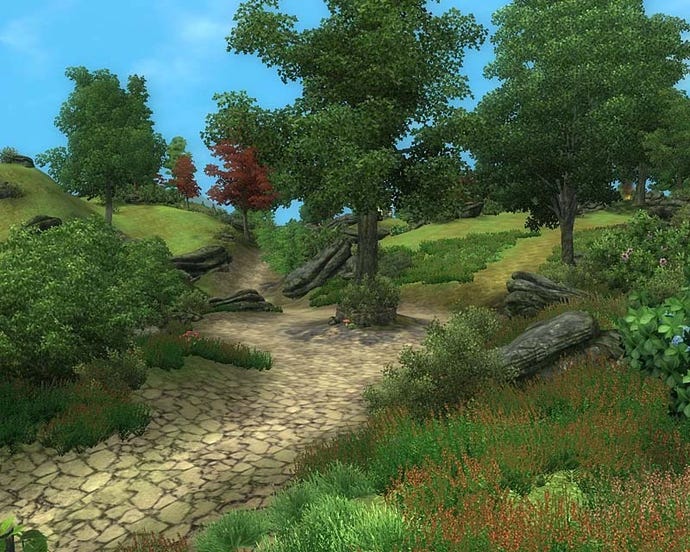
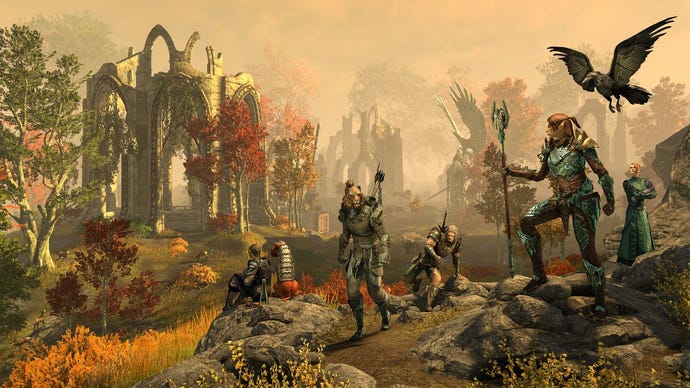
It seems, however, that there isn’t a formal collaboration between ZeniMax Online and the developers at Bethesda Softworks over the future of the universe – it’s more of a casual, ongoing interaction. “We do talk to the Bethesda guys all the time about lore, but also I mean, they made Fallout 76, and when you make online games at the same company right there's obviously a lot of talk and play testing, and stuff like that,” Firor said, when I asked if his team’s wisdom has been sought for The Elder Scrolls 6. “So it’s not ‘official’ in the kind of way you're saying it, but there is lots of talk back and forth, all the time, just about games - what's good, what's not, and not just our games but other people's like ‘have you played Palworld’? There are those Slack threads that have all of that in them, and the collaboration just kind of gets built from there. And player trends are always shared amongst the groups, and anyone at Bethesda has access to our dashboards.”
The above is just a chunk from my chat with Firor. Other things discussed during the interview: 90s MMOs and Firor’s past work on an “Alien MMO”, Aliens Online, which I imagine some of you are both wizened and fashionable enough to have played; the fine art of open world design; and the apathy towards live service games expressed by a vocal percentage of players and journamalists. Look out for all of that over the course of this month.
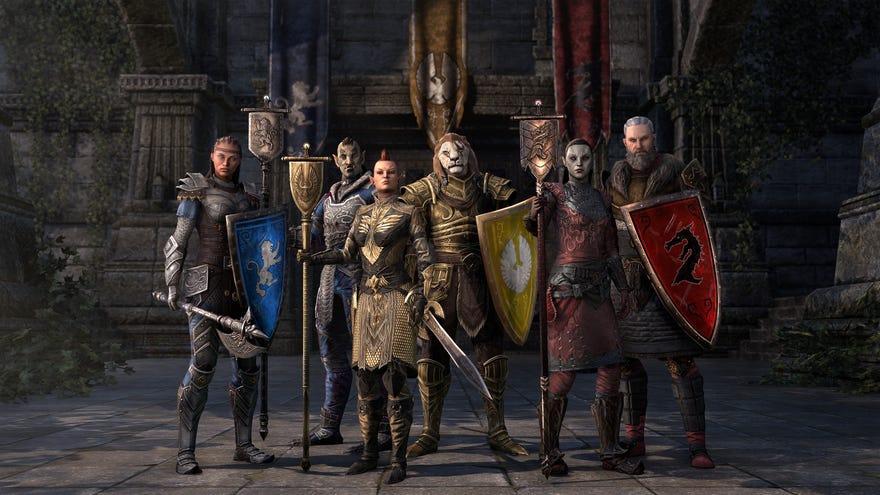


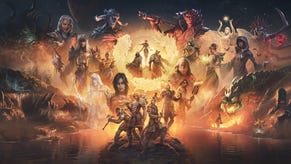
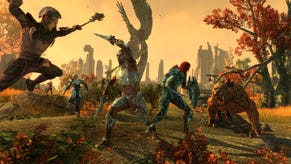


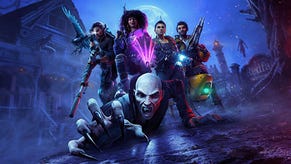

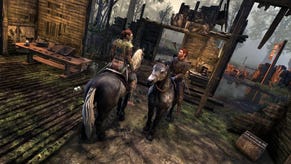
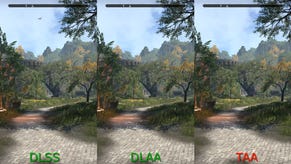
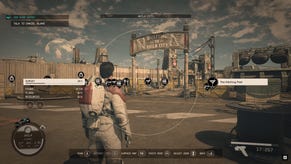



.jpg?width=291&height=164&fit=crop&quality=80&format=jpg&auto=webp)


